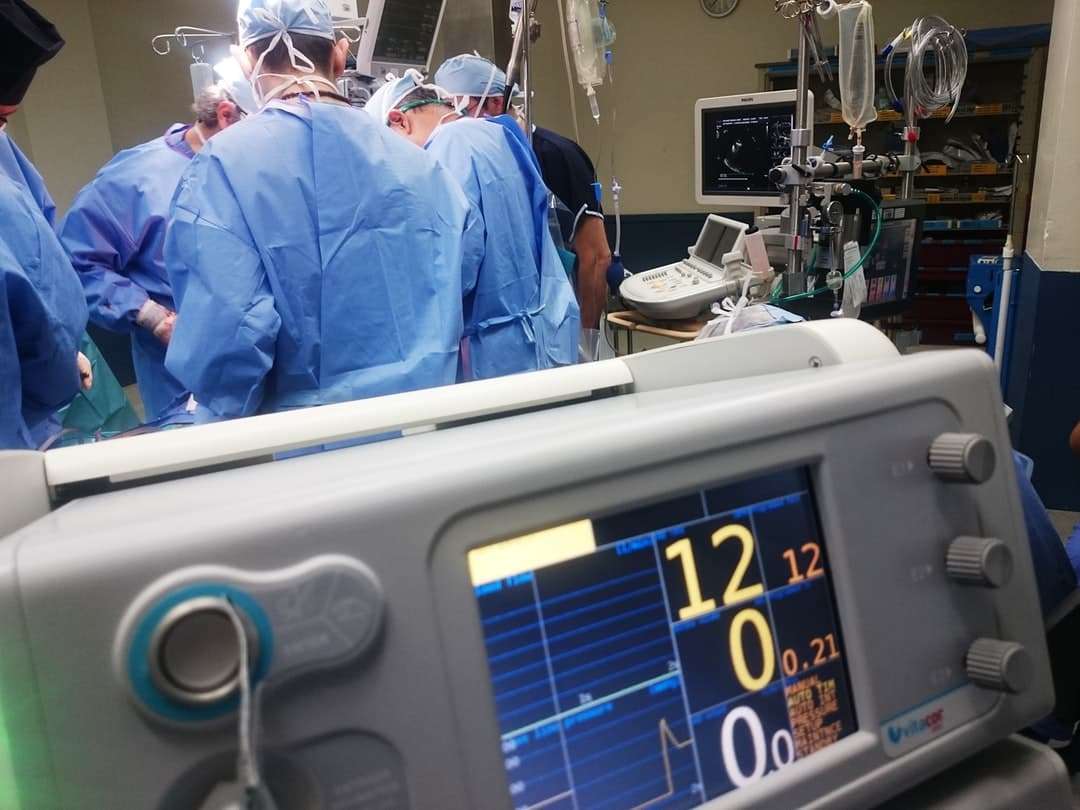
Medical Tourism and Emergency Overseas Healthcare Payments
Medical tourism can be an affordable way to have elective surgery done and provide an escape during the recovery process.
November 23, 2018 — 5 min read
Many travellers journey to foreign countries around the globe to seek out alternatives to the healthcare services in their home country. In some cases, they travel because there aren’t specialists in their country of origin with the skills and experience necessary to diagnose or treat their disease or injury. Medical tourism is a $45 billion industry, and it is growing rapidly.
Others travel abroad because there is a waiting list for certain treatments or surgeries, or there is a renowned surgeon who has performed a certain procedure successfully multiple times. A recent Economist article shows how healthcare systems of some G-20 countries charge less than others for common surgical procedures.
Take a Trip, Save on Surgery
Heart-valve replacements are €30,000 in Germany, but only half as many euros in neighbouring Austria, at the same standard of care. If you are a Brit in need of a new hip, you’ll have to ante up €12,000 (or the equivalent in pounds) though you can travel and have the procedure in Turkey for €10,000 or get a great deal in Poland for only €4,725.
Many expats return to their home country to be treated by someone with whom they have a relationship. Still others travel for elective cosmetic surgeries in a country like Brazil or South Korea. Maybe they want to combine recovery and relaxation in an idyllic vacation setting.
Finally, there are the travellers who venture overseas for business or pleasure, only to be injured, or have medical calamity like a heart attack, hip replacement, norovirus or premature childbirth.
Regional Hotspots for Specialized Procedures
Other countries are renowned for specific surgery categories, such as:
Costa Rica, Hungary and Mexico – Dentistry
India – Cardiology
Poland – Orthopaedic surgery
Australia, Barbados – Invitro Fertilization
South Africa, South Korea and Brazil
These countries have attracted or educated some of the most skilled in their fields, and have built successful care facilities. Global currency fluctuations sometimes make procedures more affordable for individuals looking to undergo procedures in the respective countries.
Exercise Caution and Be Prepared
Just as with any major life decision, it’s vital you do your due diligence before contracting surgery overseas.
Medical Tourism Magazine suggests these precautions before undergoing any surgery, or signing any contracts committing yourself to do so:
1.Consult with a Travel Health Consultant – Consult with a travel health expert at least a month before your scheduling your surgery, to get expert advice on the region of your surgery, the provider you are considering, and to understand the risks involved. Get a full contracted breakdown of the surgeries which you plan to undergo.
Make sure you understand the requirements for payment, be it partially in advance, if your health insurance provider will cover the procedure, or if a lump sum payment needs to be made following the procedure.
2. Prepare for Recovery – As stated above, there are resorts and hotels which partner with healthcare providers. They often have continuity of care packages to safeguard against infection or complications during recovery.
3. Protect Yourself from Fraud or Theft – The entire time you are in a foreign land meaning before, during, and especially after surgery, you are vulnerable to theft or fraud. You could be charged more than agreed to, or have your valuables stolen when you are in a weakened physical and mental state. Enrolling in an identity security program like LifeLock is a good way to protect yourself.
Medical tourism can be an affordable way to have elective surgery done and provide an escape during the recovery process. For life-saving or improving surgeries involving vital organs, or perhaps to increase the odds of conception, it can literally mean the difference between life or death when waiting lists are long and time is fleeting.
Whether you are having elective surgery to improve your quality of life, or mandatory surgery to extend your life (or that of a loved one), international money transfer provides a secure, and reliable way to send significant sums of money to nearly any country in the world, in over 170 currencies. XE Money Transfer services are regulated and meet the compliance requirements of every country where we operate. Transactions are tracked between bank accounts, whether they are sent via wire transfer or ACH.
Please Note:
The information, materials, accompanying literature and documentation available on our internet site is for information purposes only and is not intended as a solicitation for funds or a recommendation to trade. XE, its officers, employees and representatives accept no liability whatsoever for any loss or damages suffered through any act or omission taken as a result of reading or interpreting any of the above information.
While we take reasonable care to keep the information on the website accurate and up to date, there may be occasions when this is not possible. Case studies and articles are not intended to predict future moves in exchange rates or constitute advice.
XE makes no representations, warranties, or assurances as to the accuracy or completeness of any information derived from third party sources. If you are in any doubt as to the suitability of any foreign exchange product that you are intending to purchase from XE, we recommend that you seek independent financial advice first.
For more information about XE, please click here: Regulatory Information